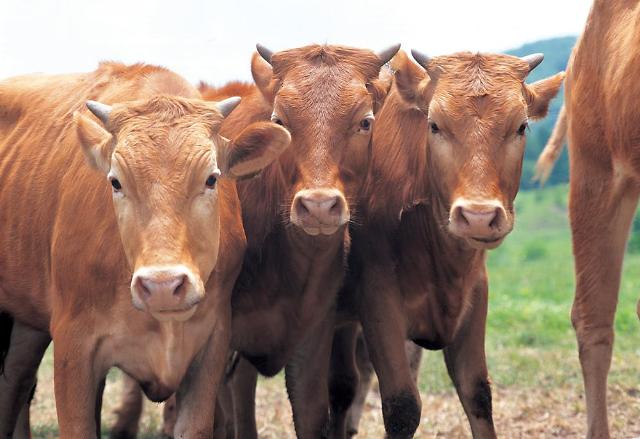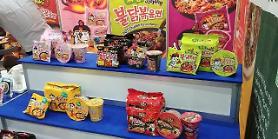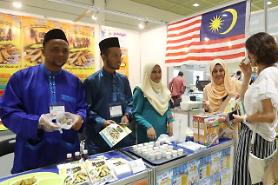
[Iclickart]
A state project to build South Korea's first halal slaughterhouse is in trouble again due to opposition from a township council which sided with villagers, Christian groups and animal rights activists.
In an effort to attract Muslim tourists, the agriculture ministry last month revived a stalled project, which was launched under the government of jailed ex-president Park Geun-hye to build a butchery for animals killed according to halal ritual.
Initially, the project was put on hold due to strong protests from animal rights and Christian activists who opposed halal slaughter as animal cruelty. They teamed up again with some villagers when the agriculture ministry last month selected an abandoned butchery in the southwestern county of Buyeo to produce halal meat.
On Tuesday, the township council in Buyeo decided to oppose the project after an association of Christian groups vowed to organize protests, insisting halal slaughter is cruel and violates a South Korean law. "It reminds people of human decapitation by IS (Islamic State)," it said in a statement.
Halal is Arabic for "permissible" and refers to food that meets Islamic law as defined in the Koran. Dhabiha, the Islamic form of slaughter, involves killing through a cut to the jugular vein, carotid artery and windpipe.
In theory, halal slaughter is designed to meet the religious requirements of the Islamic faith, which forbids the stunning of animals prior to having their throats cut. It's not known if the planned slaughterhouse in Buyeo will use stunning or Dhabiha.
In recent years, more Muslims have visited South Korea thanks to the growing popularity of Korean pop culture "Hallyu". The number of Muslim tourists coming to South Korea rose from 540,000 in 2012 to 750,000 in 2014 and 980,000 in 2016. The government has issued an official recipe book to expand halal menus in tourists destinations and hospitals.
The number of Muslim-friendly restaurants providing complete or partial halal menus has more than doubled to 252 in South Korea, helped by a government campaign to attract more tourists from Southeast Asia and the Middle East.
Copyright ⓒ Aju Press All rights reserved.



